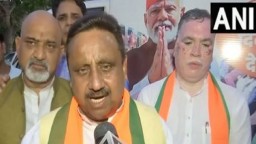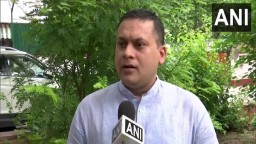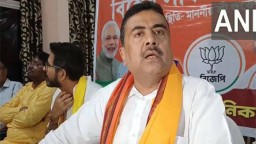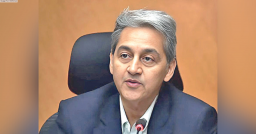Latest News
NATIONAL EDUCATION POLICY 2020 AND TRANSFORMATION OF INDIAN EDUCATION SYSTEM
.png)
National Education Policy has been transforming the Indian education system since its implementation in 2020. Undoubtedly, education is the most important aspect for the development of any nation. One of the pioneers of education systems, Mahamana Pandit Madan Mohan Malaviya believed that education is the most influential power. He fostered the opinion that education is the source of India’s cultural, social, political, and economic impact. He used to say, “If you want the progress of the country, then make every effort to ensure that no boy or girl in the country remains illiterate.” According to him, education is the only means to end the country’s adversity, and literacy and education are the way to achieve it.
NEP HIGHLIGHTS THE SIGNIFICANCE OF HOLISTIC EDUCATION
According to the National Education Policy 2020, students should be imparted with comprehensive education rather than just the curriculum knowledge at each grade level. NEP focuses on the complete development of students, catering not only to their academic knowledge but also nurturing their physical, mental, emotional, ethical, and social growth. Holistic education put emphasis on the overall development of children, enhancing their ability to think and problem-solving skills. This education process provides students with an opportunity to understand social and moral values, aiding them in becoming responsible citizens.
Holistic education supports physical activities that encourage students’ healthy physical development along with enhancing the spiritualism among them. Besides, the educational approach also develops creative thinking and encourages students’ progress. The goal of Central University of Gujarat is to promote complete transformation of students enabling them competent with moral, social, and emotional development in the light of NEP. In the direction of implementing the National Education Policy 2020, over the past three years, various higher education institutions and universities in the country have included subjects such as human values, life skills, ethics, Indianness, physical education policy, personality development, and other topics in the curriculum for the holistic development of students. Positive results are being observed as a result of this implementation.
NEP 2020 IS DIFFERENT FROM EARLIER POLICIES
NEP 2020 is different from other policies in many ways. First, it is based on the learning outcomes qualification framework with the aim of ensuring the complete development of students. It promotes the measurement criteria and quality improvement of education, focusing on evaluating students’ knowledge, skills, and engineering. NEP also encourages experiential learning, providing students with both academic and vocational competencies. It also boosts multidisciplinary courses, enabling students to gain expertise in various fields. Central University of Gujarat has implemented interdisciplinary curricula which broadens horizon of students’ thought process.
Incorporation of Digital Techniques in Education: This education policy encourages e-learning and promotes the integration of modern digital techniques in teaching and learning processes. With the implementation of this education policy, various higher education institutions have developed their “Learning Management System” portals in the past three years. Courses are being made available as “e-content” that students are studying with interest. All students from educational institutions are registering and benefiting from online courses on the Government of India’s “SWAYAM” portal.
THE ACADEMIC BANK OF CREDIT
The Academic Bank of Credit is a virtual storehouse where the official records of each student’s grades are maintained. Colleges and universities need to register in the Academic Bank of Credit scheme. If a student discontinues studies in between, he/she will be awarded a certificate, diploma, or degree based on the earned credits. Upon passing the first year, a certificate will be given; a diploma on passing the second year and a degree upon completing the three-year course. It functions like a commercial bank.
THE VIEWS EXPRESSED BY THE AUTHOR ARE PERSONAL
Prof Rama Shanker Dubey The writer is the Vice Chancellor, Central University of Gujarat, Gandhinagar


.png)
















.png)

